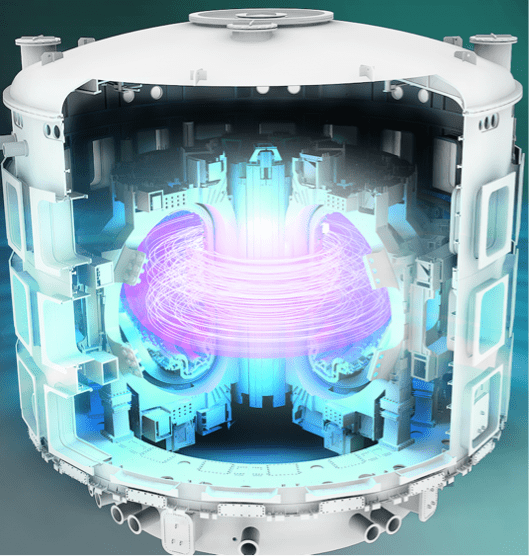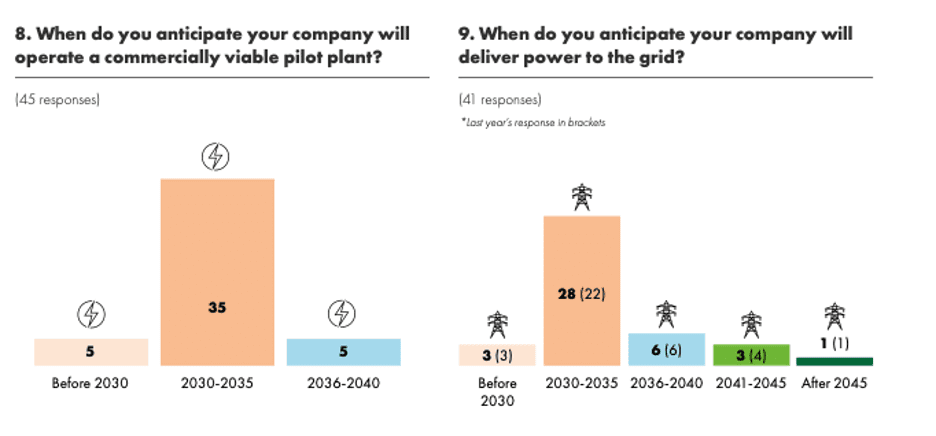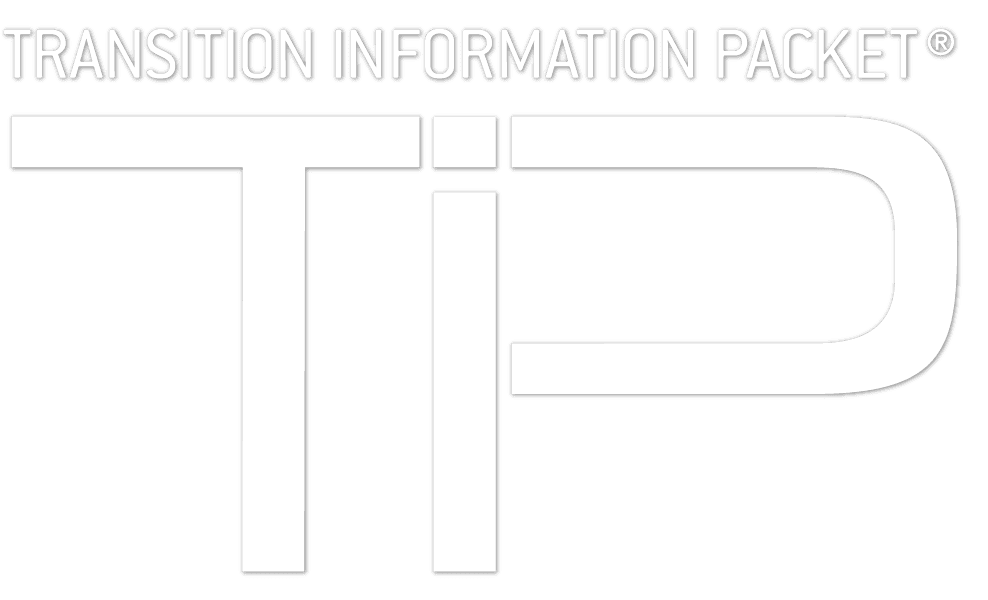Oil and gas drilling currently yield a lot of waste, including produced water. However, new technological solutions could potentially transform produced water into a resource. Produced water is the byproduct of oil and gas extraction, which, depending on the chemistry of the underground rock formations containing the trapped petroleum, can be 10 times more saline than seawater. It can also contain varying amounts of oil residue, debris, bacteria, and naturally occurring radioactive materials (NORM). However, with technological advancements, produced water could become a resource. It has the potential to be reused in drilling operations, which would lessen the industry’s dependence on freshwater for oil and gas exploration. If successfully treated, produced water could be used to replenish groundwater aquifers where water is scarce.
As drilling increases so does the generated volume of produced water, and in some cases an increase in earthquakes. In 2017, the total U.S. volume of produced water was 24,392,000,000 bbl (23,816,000,000 bbl generated by onshore wells and 576,000,000 bbl for offshore wells). The state which contributed 41% of the national total was Texas. Other states with high produced water volumes included California, Oklahoma, Wyoming, and Kansas. More recently, in 2021, the Produced Water Consortium estimated the quantity of produced water in the Permian Basin alone was approximately 170 billion gallons per year. For more information, the U.S. Geological Survey maintains a helpful database of produced water compositions across the United States.
With so much volume, what happens to produced water? Presently, the cost of disposing produced water ranges from $0.40-$1.00/bbl, and the treatment costs range from $2.55 to $10 per barrel. The market for produced water treatment is forecast to reach $14.86 billion by 2030, up from $9.10 billion in 2021, which is a Compound Annual Growth Rate (CAGR) of 5.2%. The produced water treatment market has three main drivers, which are the increase in oil and gas drilling, the depletion of freshwater sources, and the rising population. Bringing the market discussion back to Texas, there is significant market potential in the Lonestar state. In the Permian Basin alone, there is approximately a $12 billion market for the disposal and treatment of produced water.
Key players in the produced water treatment market include Siemens Energy AG (Germany), Schlumberger Limited (France), CETCO Energy Services Company LLC (U.S.), TechnipFMC plc (U.K.), Halliburton (U.S), Ovivo (Canada), Enviro-Tech Systems (U.S.), Suez S.A. (France), and Sulzer (Switzerland).
Finding environmentally friendly ways of reusing and disposing of produced water is a technical challenge that innovative technology could potentially address. One challenge is the presence of NORM. According to the EPA, many states with oil and gas production facilities are currently creating their own NORM regulations. The U.S. Department of Energy (DOE) recently sought low-cost water treatment technologies to recycle produced water. Among the ways that produced water could potentially be reused, DOE listed power generation, vehicle and equipment washing, fire control, and even non-edible crop irrigation. Other initiatives include the National Energy Technology Laboratory (NETL) collaboration with the Lawrence Berkeley National Laboratory (LBNL). Their $5 million initiative seeks a framework for the beneficial reuse and positive environmental impact of produced water, called PARETO (Produced Water Application for Beneficial Reuse, Environmental Impact and Treatment Optimization). Moreover, a recently published model seeks to increase sustainability by incorporating the reuse of treated produced water in agriculture and a constructed wetland, as well as aquaculture production, and biogas and compost production.
To learn more about the future of produced water, take a look at the upcoming Produced Water Society Annual Seminar hosted by the Produced Water Society. A prominent feature is networking opportunities with produced water experts to discuss the existing solutions as well as technological innovations to ensure sustainable oil and gas production. The Produced Water Society Annual Seminar is currently accepting abstracts.







